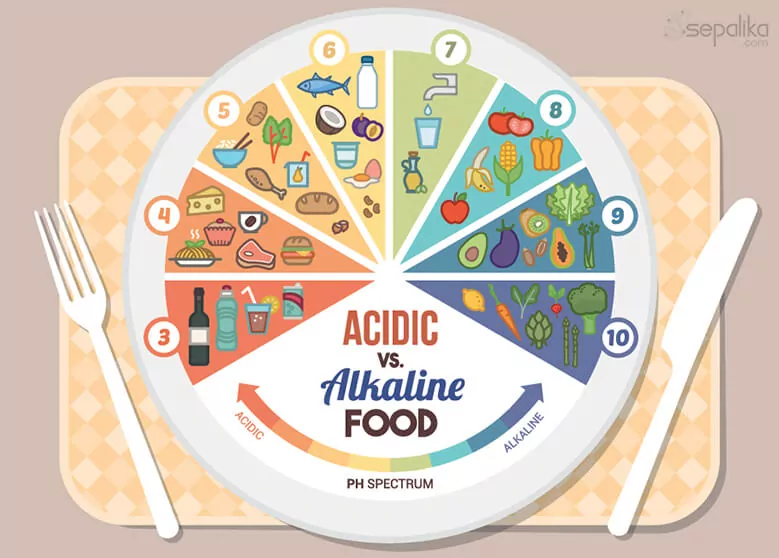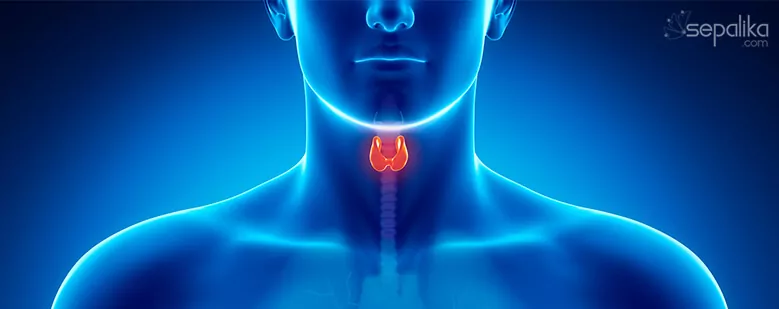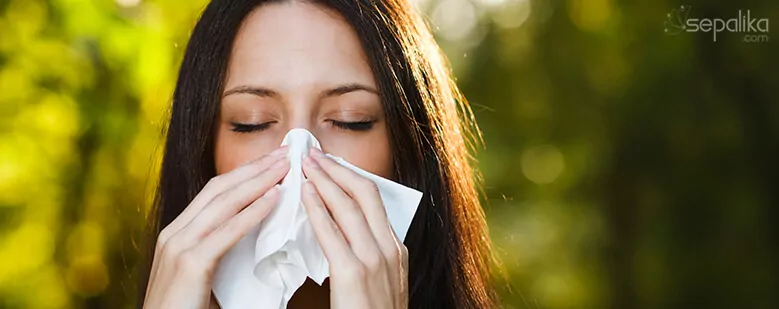
Living Well
Ashwagandha: The One Must-Have Herb For All Of Us
Jul 29, 2016Wish you could squeeze in a few extra hours into a day? Does living in today’s hyper connected world often want you wonder where does time just go? How often have you wished to just press the pause button to regain a moment of calm?
If there is one herb to help battle this crazy stress that has become de rigeuer in our lives, it is ashwagandha. Quite easily, ashwagandha is the most popular ayurvedic herb to be used in the world today thanks to its adaptogenic property, i.e. the ability to help our body combat physical and psychological strain.
Grown in harsh weather, sunlight and extreme temperatures, ashwagandha, also known as “Indian Ginseng” or “Winter-cherry”, is capable of managing stress and boosting immunity. Interestingly, researchers have discovered more than 200 benefits of this herb! Here is our pick of what is relevant to most of us today.
Ashwagandha For Arthritis
Arthritis not only affects you physically but also emotionally due to a lack of mobility; causing a very limited ability to perform everyday activities with family and friends. Studies suggest that Ashwagandha contains anti-inflammatory properties, which reduce cartilage damage, especially in rheumatoid arthritis.
Ashwagandha For Andropause
Men are quite familiar with menopause for women, but are unaware they go through a similar life stage shift called andropause. An imbalance in male hormones leads to sexual dysfunction and stress. In turn, stress makes the same hormones go off kilter, creating a vicious circle. Ashwagandha is a great natural option for helping men navigate andropause. In fact, it has been used for over 3000 years to correct various sexual conditions.
Ashwagandha For Weight Loss

Benefits of ashwagandha for Weight Loss
Eat Less + Intense Workouts = Weight Loss!
This sounds fine in theory but unfortunately, anyone who has struggled with weight loss knows a solution like this is terribly challenging, to say the least. One big contributor to weight gain is stress. It triggers an excessive production of cortisol in your body. Overproduction of cortisol can in turn lead to muscle loss, eating disorders, weight gain and more anxiety. Ashwagandha is a bonus for people struggling with weight loss. Its anti-oxidant properties reduce inflammation that is common in overweight and obese people. Because ashwagandha can reduce fasting blood sugar levels and make the body become more sensitive to insulin, taking it as a supplement can help make weight loss much easier for people.
Ashwagandha For Thyroid
Do you know 1 in 10 women have a thyroid dysfunction? The symptoms of thyroid are startlingly long. People with low thyroid suffer from anxiety, poor concentration, fatigue, weight gain, dry hair and insomnia, to list a few. Unfortunately, innumerable women who suffer from a thyroid gland malfunction aren’t even aware of it. When it comes to balancing the hormones, ashwagandha does a stellar job of improving the health of your thyroid gland. Being an adaptogenic herb, it helps both hyperthyroid and hypothyroid.
Ashwagandha For Alzheimer’s
A staggering 5.4 million Americans suffer from Alzheimer’s with devastating symptoms of memory loss. Evidence suggests that age, genes, hormones and inflammation play a vital role in the development of Alzheimer’s. Ashwagandha’s anti-inflammatory and antioxidant properties help protect the brain cells from inflammatory proteins and free radicals. Studies also indicate that ashwagandha increases brain activity and may help slow memory loss.
Ashwagandha For Menopause
Women experience menopause in unique ways as the symptoms of menopause vary from one woman to the next. Typical symptoms may be hot flashes, vaginal dryness, weight gain, mood swings, anger outbursts and depression. Studies suggest that supplementing with ashwagandha offers a significant reduction in these symptoms as the herb acts on the endocrine system, encouraging the hormones settle into a balance.
Ashwagandha For Allergies
Our immune system is a wonderful but complex one. When balanced, it does a flawless job of combating health threats like viruses, bacteria, toxins and cancer cells. But sometimes it responds aggressively to certain substances like molds, pollen or animal dander. In the process of eliminating these threats that may be quite harmless, our body experiences uncomfortable symptoms like itchiness, watery eyes, coughing, or nasal congestion. Ashwagandha contains natural steroids like withaferin and withanolides, which help stabilize these nasty allergic reactions by getting the immune system to generate a more muted response to allergens.
Ashwagandha For Stress
And finally, the number one (and therefore the most obvious!) benefit that ashwagandha offers – its fabulous ability to act as a de-stressor. Studies have shown that supplementing with ashwagandha lowers the production of the stress hormone, cortisol. It helps the body cope well with daily stresses by acting as an adaptogen. Ashwagandha is also used as an anti-depressant and tranquilizer to overcome depression and mental stress. There are validated studies to show it can be as effective as an antidepressant medication. What’s more this herb improves concentration and aids peaceful sleep.
Dosage: Traditionally, ashwagandha is used in a powder form, mixed with warm milk or water and taken at night before bedtime. However, today it is a lot more convenient to take the herb in a capsule form and splitting the dosage across the day.
For use as a daily antidote to stresses, a dosage 300-500mg is recommended.
However, when ashwagandha is to be used for more serious health conditions, a higher dosage of 3g-6g, divided into two doses is recommended.
It is advisable to work with an ayurvedic practitioner when using ashwagandha to address a serious health condition. Fortunately, the United States has several ayurvedic associations. Check with one of these to locate a practitioner near you.
National Ayurvedic Medical Association
California Association of Ayurvedic Medicine
Washington Ayurvedic Medical Association
Association of Ayurvedic Professionals of North America
Please note: Large doses of ashwagandha can cause vomiting, stomach upset, and diarrhea. Pregnant women must avoid this herb as it has been reported to cause abortions.
And finally….The powers of ashwagandha are incredible – it is a workhorse in every sense of the word. To make it a part of one’s dietary program for reasons mentioned above should not take too much convincing!
References:
- Kumar G,Srivastava A, Sharma SK, Rao TD, Gupta YK1. Department of Pharmacology, All India Institute of Medical Sciences, New Delhi, India. Indian J Med Res. 2015 Jan;141(1):100-6.
- Mahdi AA, Shukla KK, Ahmad MK, Rajender S, Shankhwar SN, Singh V, Dalela D. Evid Based Complement Alternat Med.2009 Sep 29. [Epub ahead of print]
- Jessica M. Gannon,Paige E. Forrest, and N. Roy Chengappa J Ayurveda Integr Med. 2014 Oct-Dec; 5(4): 241–245.
- Jayaprakasam B, Padmanabhan K, Nair MG. Withanamides in Withania somnifera fruit protect PC-12 cells from beta-amyloid responsible for Alzheimer’s disease. Phytotherapy Research. 2010, 24(6):859-63
- J Ayurveda Integr Med. 2012 Jul-Sep; 3(3): 111–114.doi: 4103/0975-9476.100168
- Clinical evaluation of Ashokarishta, Ashwagandha Churna and Praval Pishti in the management of menopausal syndrome. 2012 Oct;33(4):511-6. doi: 10.4103/0974-8520.110529.
- Chandrasekhar,Jyoti Kapoor, and Sridhar Anishetty Indian J Psychol Med. 2012 Jul-Sep; 34(3): 255–262.
- Bhattacharya SK, Goel RK, Kaur R, Ghosal S. Anti – stress activity of Sitoindosides VII and VIII. New Acylsterylglucosides from Withania somnifera. Phytother Res. 1987;1:32–37.
- Chandrasekhar K, Kapoor J, Anishetty S. A prospective, randomized double-blind, placebo-controlled study of safety and efficacy of a high-concentration full-spectrum extract of ashwagandha root in reducing stress and anxiety in adults. Indian J Psychol Med. 2012 Jul;34(3):255-62.










